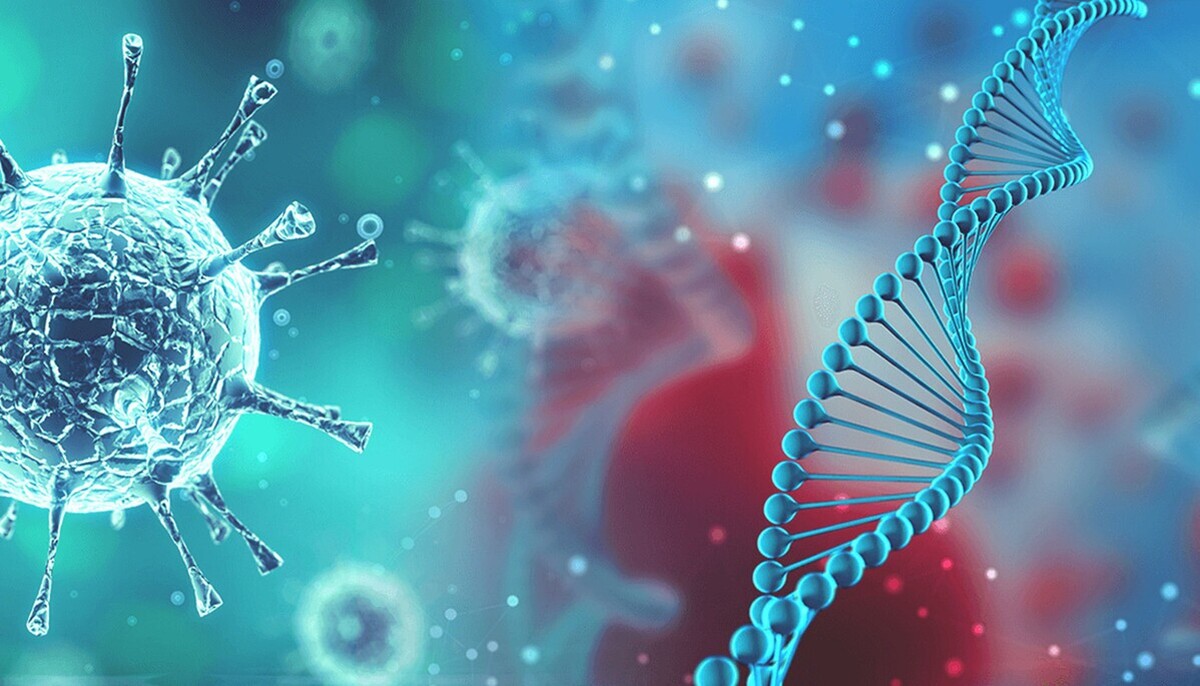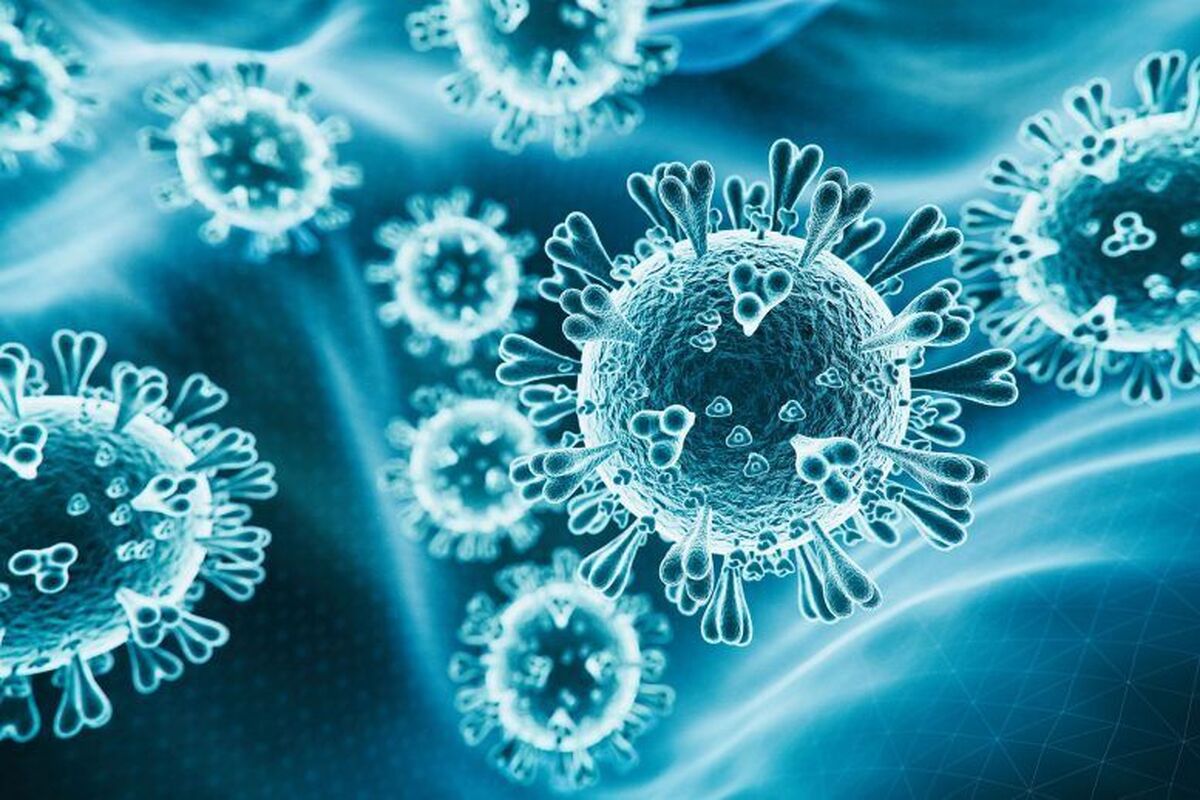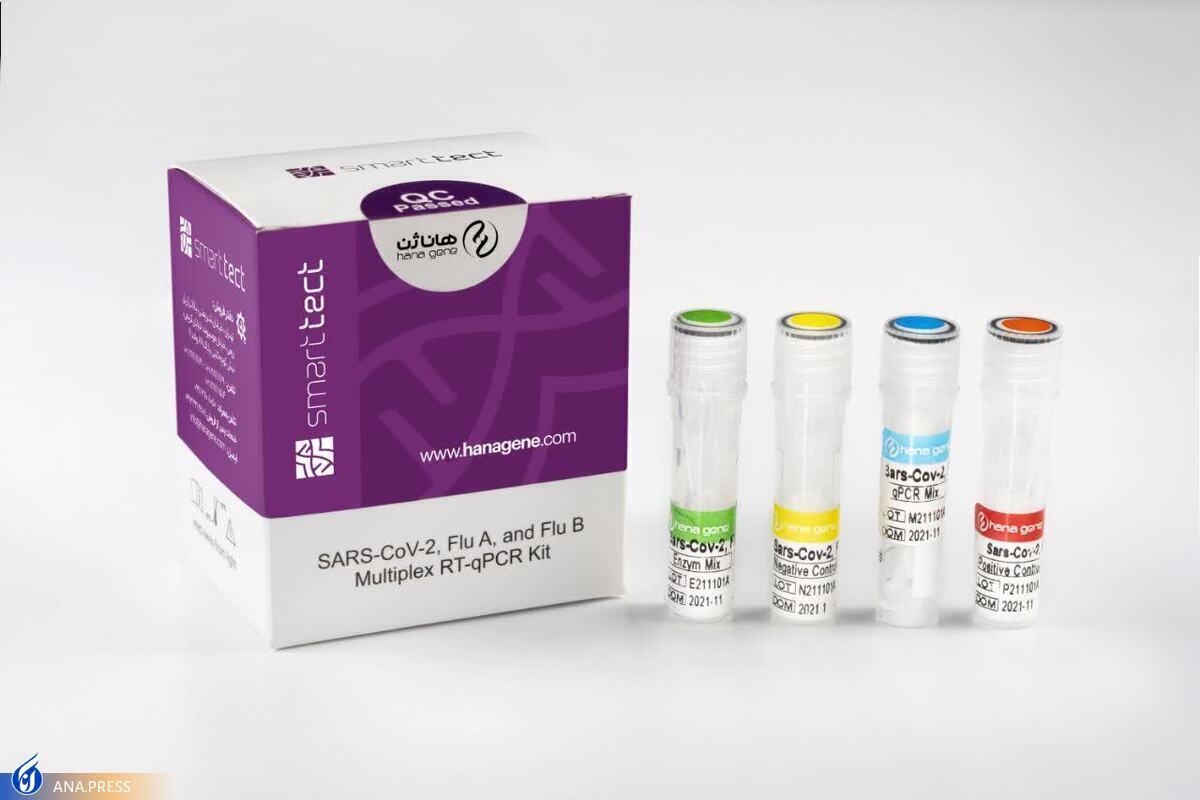COVID-19 Infection May Induce Fetal Brain Hemorrhages, Scientists Warn

So it's not just the effects of the illness on our bodies that are of concern, but also the effects on the bodies of still-gestating babies – something that scientists have already been urgently looking into, the journal Brain reported.
The team studied 661 human fetal tissue samples collected between July 2020 and April 2022, observing hemorrhages in 26 of them. COVID-19 was present in all of the tissue samples with evidence of hemorrhaging.
All the samples were collected from electively terminated pregnancies.
"While hemorrhages do occasionally occur in developing brains, it is extremely unusual for there to be this many instances within a 21-month period," says neurobiologist Katie Long from King's College London in the UK.
"It is now of the utmost importance that we follow up with children that were prenatally exposed to COVID-19 so that we can establish if there are any long-lasting neurodevelopmental effects."
Researchers highlighted signs of a reduction in blood vessel integrity and an increase in immune cells infiltrating the brain as being linked to tissue damage. This may be a direct result of the COVID-19 infection or an indirect result of the mother's immune response.
Though the coronavirus was only confirmed in the fetus tissues, it can be safely assumed that the infections were transferred from an infection in their mothers. Whether the hemorrhaging was a direct consequence of the mother's COVID or the fetus's infection – or if the relationship involves some unknown factor – isn't clear. But the link is strong enough to be a concern.
What's more, most of the samples with signs of hemorrhaging were from the late first and early second trimester of gestation, suggesting that the fetal brain can be affected at the earliest stages of its development. We already know that this is a crucial time for the developing brain, as it creates barriers to defend itself.
"We know that severe viral infection may influence the fetal brain, but this important study is the first to suggest that this may occur in pregnancies affected by COVID infection," says physiologist Lucilla Poston from King's College London. Poston was not involved in the study.
"Whatever the cause, a direct effect of the virus or an indirect consequence of maternal infection, this study highlights the need for pregnant women to be vaccinated against COVID-19, thus avoiding complications for both mother and baby."
Traces of SARS-CoV-2 were also detected in tissue samples taken from the placenta, amnion, and umbilical cord, suggesting that there's the potential for further complications to be caused by the presence of COVID-19.
Viral infections in mothers are regularly associated with neurological damage in children; the Zika virus is one of the more high-profile cases in recent years showing how significant these effects can be.
We have earlier studies linking health problems in fetuses with cases of COVID-19 in pregnant mothers, but so far, the pool of data on the topic is relatively small – something that scientists will be looking to change in the future.
"Our findings suggest that there is an association between the early development of human fetal brain tissue and vulnerability to infection from COVID-19," says neurobiologist Marco Massimo from King's College London.
4155/v
























